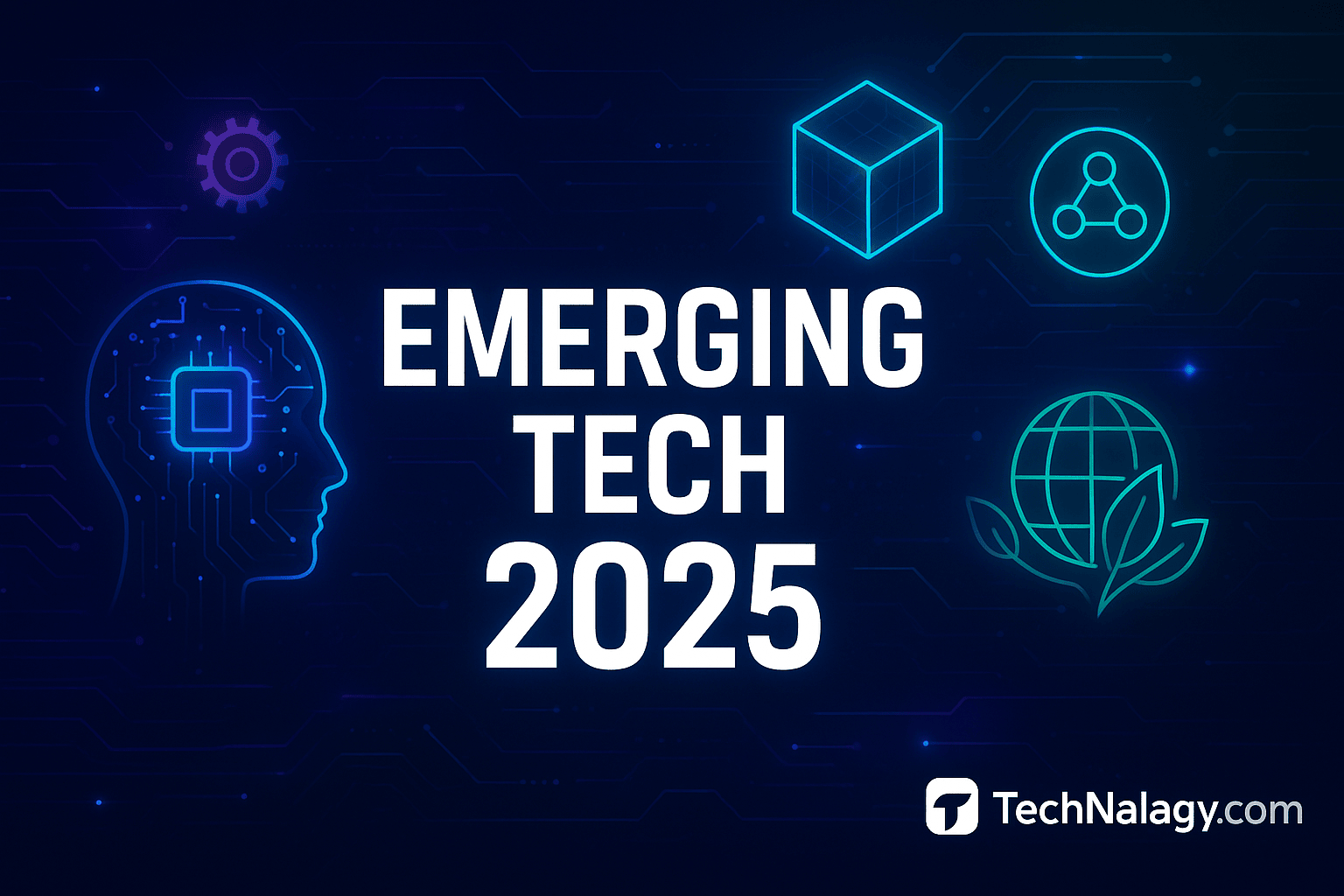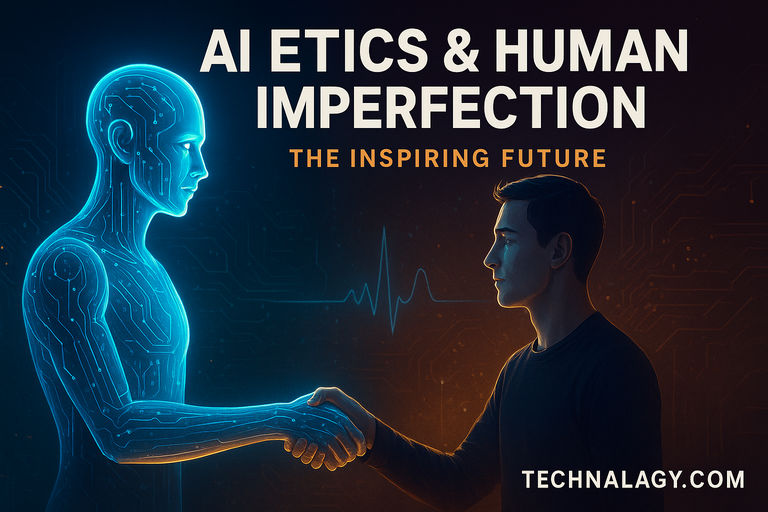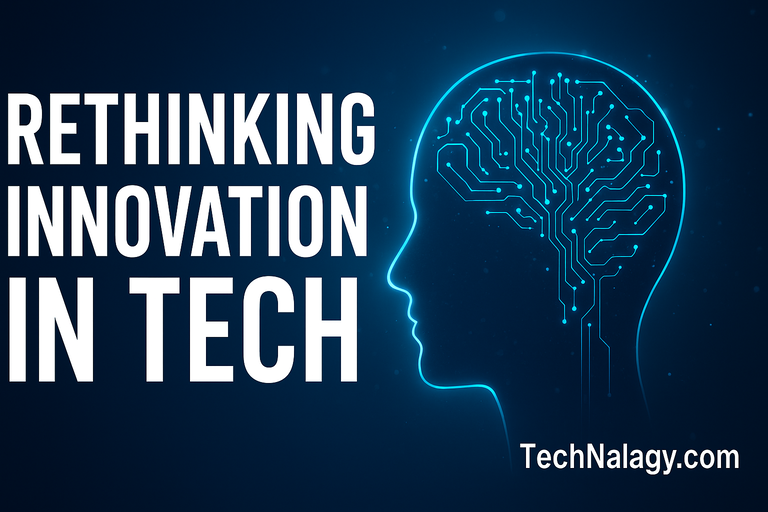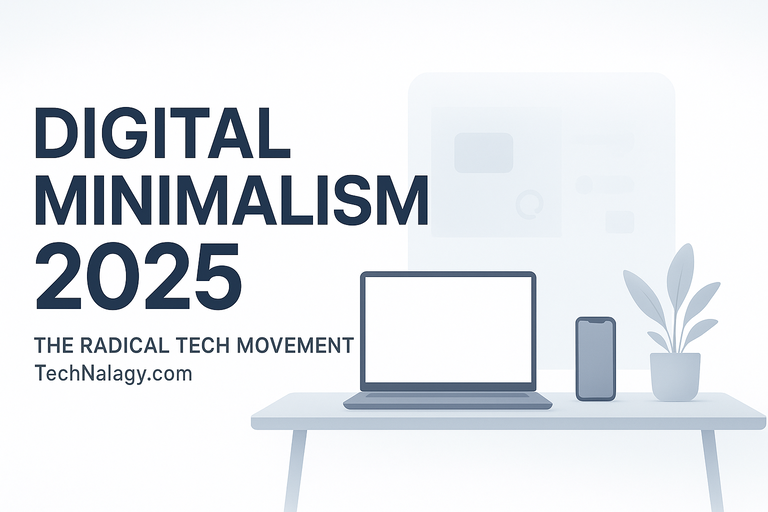Top 7 Emerging Tech Trends You Can’t Ignore in 2025
Introduction – Why Emerging Tech Matters in 2025
In 2025, technology is no longer just a tool—it has become the foundation of how we work, communicate, learn, and live. From artificial intelligence reshaping business workflows to quantum computing promising breakthroughs in science, Emerging Tech is at the center of this transformation.
What makes these new technologies so crucial today is their ability to disrupt traditional industries, unlock fresh opportunities, and tackle some of humanity’s toughest challenges. Whether you are a business leader, educator, student, or tech enthusiast, staying informed about the latest advancements in Emerging Tech is essential for keeping ahead of the curve.
Table of Contents
What Is Emerging Tech?
Before exploring the key trends, it’s important to define what Emerging Tech actually means. Unlike mature technologies such as the internet or mobile phones, these innovations are still evolving yet already proving their value in real-world applications.They represent the cutting edge of progress—not just experimental concepts, but practical solutions actively transforming industries and unlocking new opportunities. This wave of technology typically sits at the intersection of creativity, scientific research, and practical adoption.
Top 7 Emerging Tech Trends You Can’t Ignore in 2025
Artificial Intelligence Advancements
Artificial Intelligence (AI) continues to dominate the world of Emerging Tech in 2025. With advancements in natural language processing, generative AI, and machine learning, AI is no longer confined to futuristic ideas—it’s shaping decisions in healthcare, education, finance, and even creative industries.
AI-powered assistants now help doctors diagnose diseases faster, financial institutions detect fraud in real time, and businesses deliver highly personalized customer experiences. The widespread use of generative AI tools also empowers individuals to create content, code, and even design products more efficiently.
Quantum Computing
Quantum computing is one of the most revolutionary areas of Emerging Tech. Unlike classical computers, which use bits, quantum computers use qubits that allow for complex computations at unimaginable speeds.
In 2025, breakthroughs in quantum computing are accelerating research in pharmaceuticals, materials science, and climate modeling. Companies and governments alike are investing billions to secure an edge in this next-generation computing race. While still in its early stages, quantum computing’s potential to solve problems beyond the reach of classical computers makes it a cornerstone of future innovation.
Extended Reality (AR, VR, MR)
Extended Reality (XR), which includes Augmented Reality (AR), Virtual Reality (VR), and Mixed Reality (MR), is rapidly becoming a mainstream part of Emerging Tech.
From immersive gaming to remote medical training, XR is transforming how people interact with digital environments. Apple’s Vision Pro and Meta’s Quest devices are pushing AR and VR adoption beyond entertainment, into industries such as retail, healthcare, and education. Imagine surgeons practicing complex operations in VR before stepping into a real operating room—this is the power of XR.
5G and Beyond
Connectivity is the backbone of modern technology, and in 2025, Emerging Tech is driven by the rollout of 5G and early explorations of 6G.
With lightning-fast internet speeds and ultra-low latency, 5G is enabling new opportunities in IoT (Internet of Things), autonomous vehicles, and smart city infrastructure. Businesses can now run real-time analytics, and consumers enjoy seamless streaming, gaming, and communication. The “beyond 5G” research is already exploring how networks will support trillions of connected devices in the near future.
Blockchain and Web3
When people hear blockchain, they often think only of cryptocurrency. But in 2025, blockchain is among the most impactful Emerging Tech trends across industries.
Blockchain’s decentralized nature is revolutionizing supply chain management, digital identity verification, and financial transactions. Web3 applications promise greater transparency, security, and ownership for users. This shift toward a decentralized internet is expected to reshape the way we interact with digital platforms, moving power away from centralized corporations and toward individuals.
Green Tech and Sustainability
One of the most critical areas of Emerging Tech in 2025 is Green Tech. Climate change and sustainability challenges have made renewable energy, carbon capture technologies, and eco-friendly solutions more urgent than ever.
Emerging innovations such as smart grids, solar breakthroughs, and AI-driven energy management are helping industries reduce carbon footprints. From sustainable agriculture to clean transportation, Green Tech is not only good for the planet but also creating profitable business opportunities for forward-thinking organizations.
Smart Education & EdTech
Education is undergoing a digital transformation powered by Emerging Tech. Smart classrooms, adaptive learning systems, and AI tutors are enhancing student engagement and personalizing learning experiences.
Virtual reality allows students to explore historical events or scientific processes in immersive detail, while AI-driven tools provide real-time feedback tailored to each learner’s progress. A great example of this transformation can be seen in Classroom 30X Transforming Education, which showcases how education systems are evolving with new technologies.
The Risks and Challenges of Emerging Tech
While Emerging Tech creates massive opportunities, it also comes with challenges. Ethical concerns around AI bias, privacy issues in blockchain, and security threats in IoT remain ongoing debates.
Another pressing issue is the digital divide. While advanced economies benefit from these innovations, many parts of the world still struggle with basic internet access. Balancing innovation with regulation and inclusion will be essential to ensure fair and ethical adoption.
The Impact of Emerging Tech on Daily Life & Business
Emerging Tech is not just for big corporations—it’s reshaping everyday life. Smart homes powered by AI assistants, wearable health trackers, and digital banking are already part of daily routines. Businesses are adopting automation to cut costs and increase efficiency, while telemedicine is expanding healthcare access.
In the workplace, Emerging Tech is making remote collaboration seamless with XR meetings, AI scheduling, and cloud-powered productivity platforms. The impact is clear: those who adapt to technological change gain a significant advantage.
Expert Opinions & Future Forecasts
Experts predict that Emerging Tech in 2025 will evolve faster than in previous decades. Analysts from MIT Technology Review suggest that AI, quantum computing, and Green Tech will be the dominant forces shaping global industries over the next 10 years.
For businesses, this means adopting new technologies is no longer optional—it’s a requirement for survival. For individuals, continuous learning and digital literacy are crucial to remain relevant in the job market.
Conclusion – Preparing for the Future of Emerging Tech
As 2025 unfolds, one thing is clear: Emerging Tech is not slowing down. From AI and quantum breakthroughs to sustainable innovations and smart education, these advances are reshaping society at every level.
The future belongs to those who embrace change. By understanding and adapting to this wave of technology, individuals and organizations can position themselves not just to survive but to thrive in a fast-changing digital era.

Kamran Khatri is the founder of technalagy.com, where he shares insights on AI, future tech, gadgets, smart homes, and the latest tech news. Passionate about making innovation simple and accessible, he writes guides, reviews, and opinions that help readers stay ahead in the digital world.







